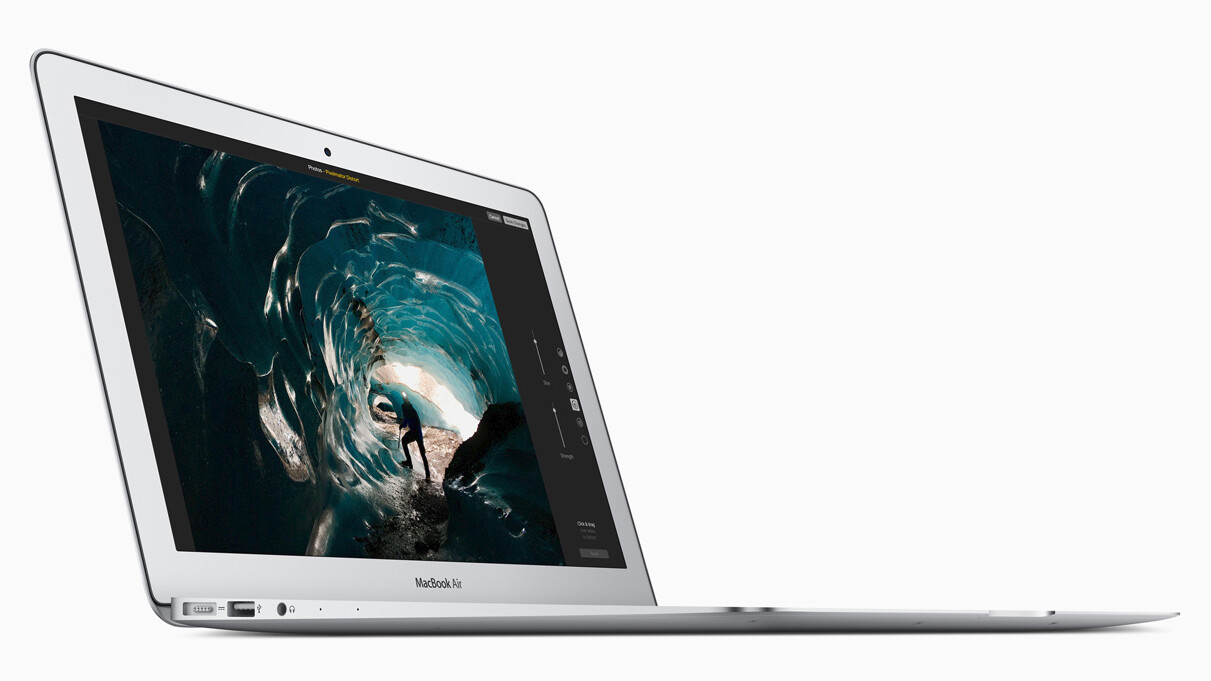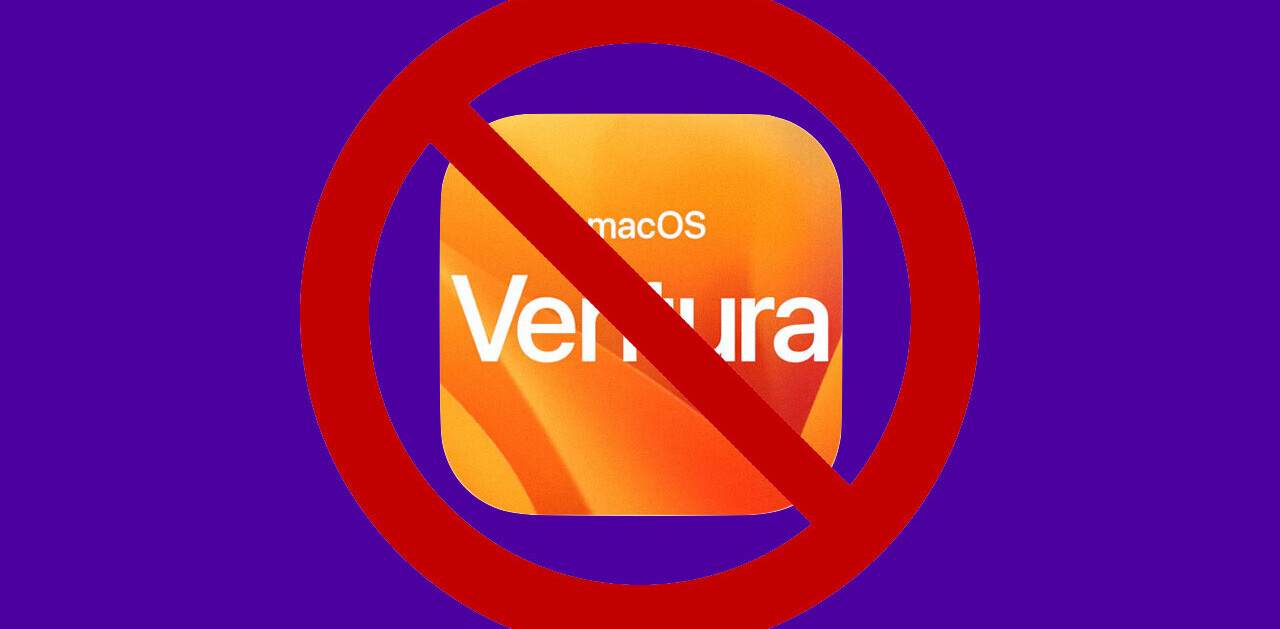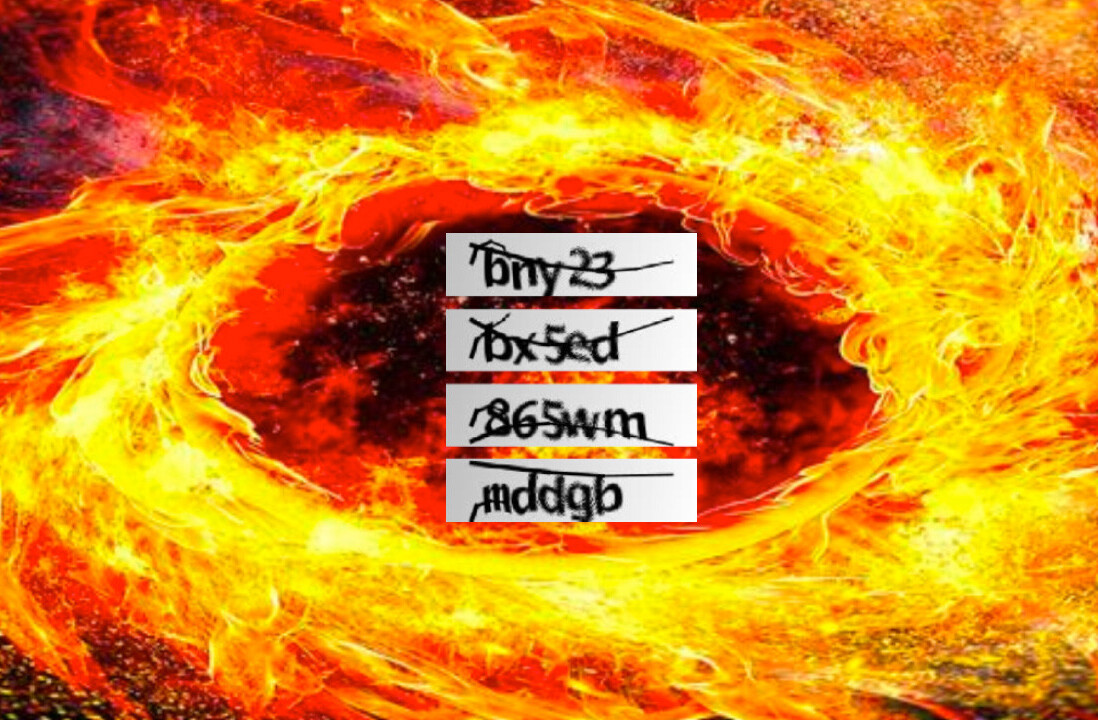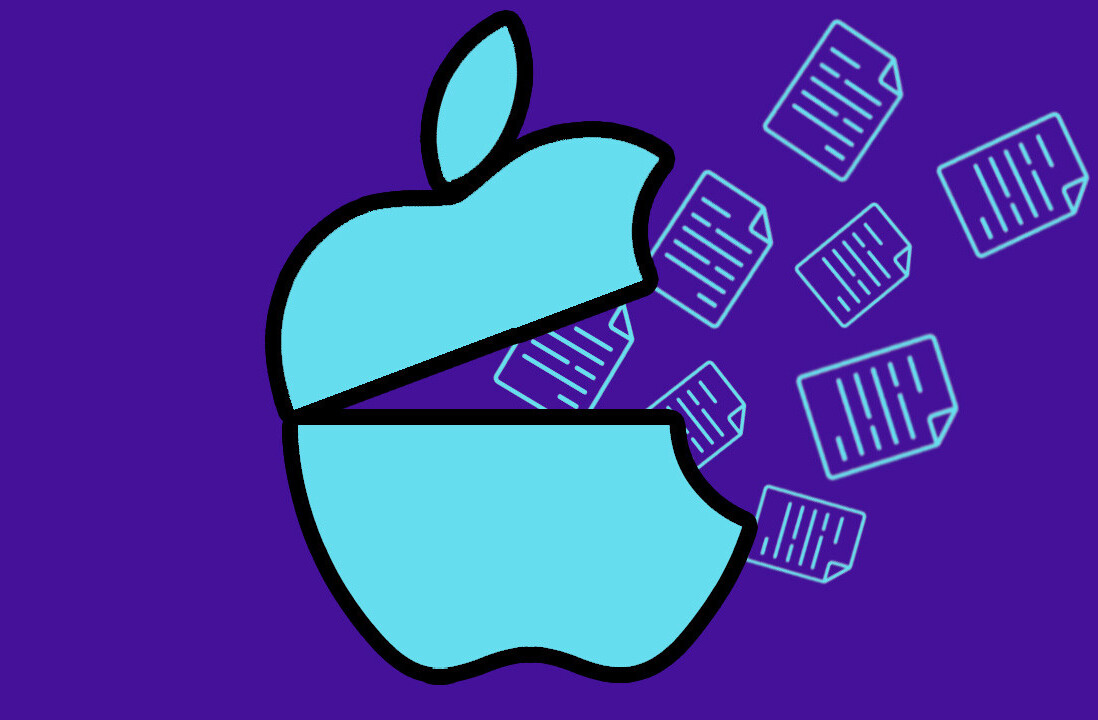
A report out of Taiwan indicates that Apple could be gearing up to ship a new MacBook Air in either September or October. According to TrendForce, a Taiwanese research firm:
The second quarter was the transition period when Apple was preparing for the releases of the upcoming new MacBook devices for the year. TrendForce therefore expects MacBook shipments to again post a large [quarter over quarter] increase in Q3 2018, as Apple will be releasing a new MacBook Pro at the start of the quarter and a new MacBook Air at the end of the quarter.
As MacRumors point out, the choice of language is a touch confusing. Apple released a new MacBook Pro line in July, when the third quarter began.
If the company plans to drop a MacBook Air, like millions have been hoping for over the past two or three years, then that would put TrendForce’s prediction at September or October, coinciding with both the iPhone event and the end of Q3/start of Q4.
It’s doubtful, however, that Apple chooses to unveil a new MacBook Air at its iPhone event. The company has an awful lot of ground to cover already: three new iPhone models, new AirPods, rumored iMac and Mac mini announcements, and the unveiling of Apple Watch Series 4. Oh, and if the rumor mill is to be believed, we may get a new iPad Pro with Face ID. So, like we said, it’s doubtful Apple is going to shove another product into the mix and still keep the event to +/- two hours.
Far more likely, I’d suspect, is a random press release announcing the launch. But again, we’ve heard nothing from Apple to confirm this will be the case. It’s pure speculation.
It’s also worth noting that Bloomberg’s scoop machine, Mark Gurman, and the world’s most reliable Apple analyst, Ming-Chi Kuo, both expect the release of a new $999 or less entry-level notebook later this year. Neither, however, specifically mention a MacBook Air.
The current MacBook Air is still a hugely popular model, although it hasn’t seen a substantial upgrade in over three years. If the prediction comes to fruition, you’d have to assume a significant spec bump, as that version still relied on the Broadwell chip architecture and didn’t offer a Retina screen.
Cross your fingers.
Get the TNW newsletter
Get the most important tech news in your inbox each week.




